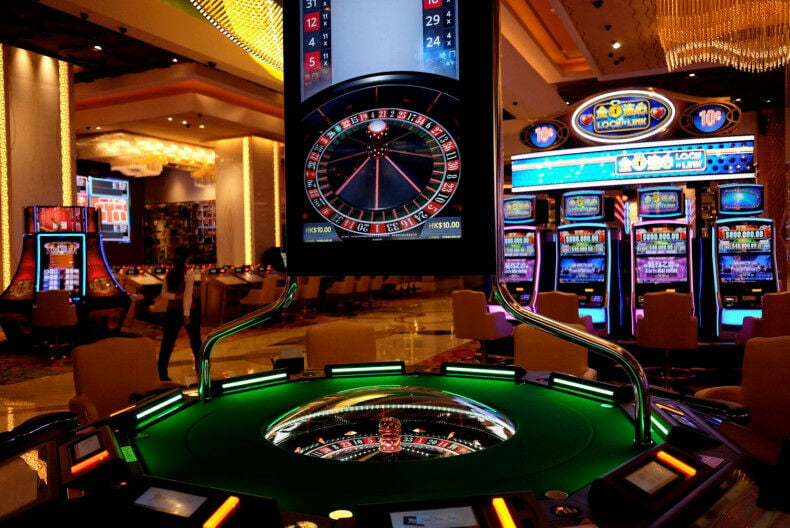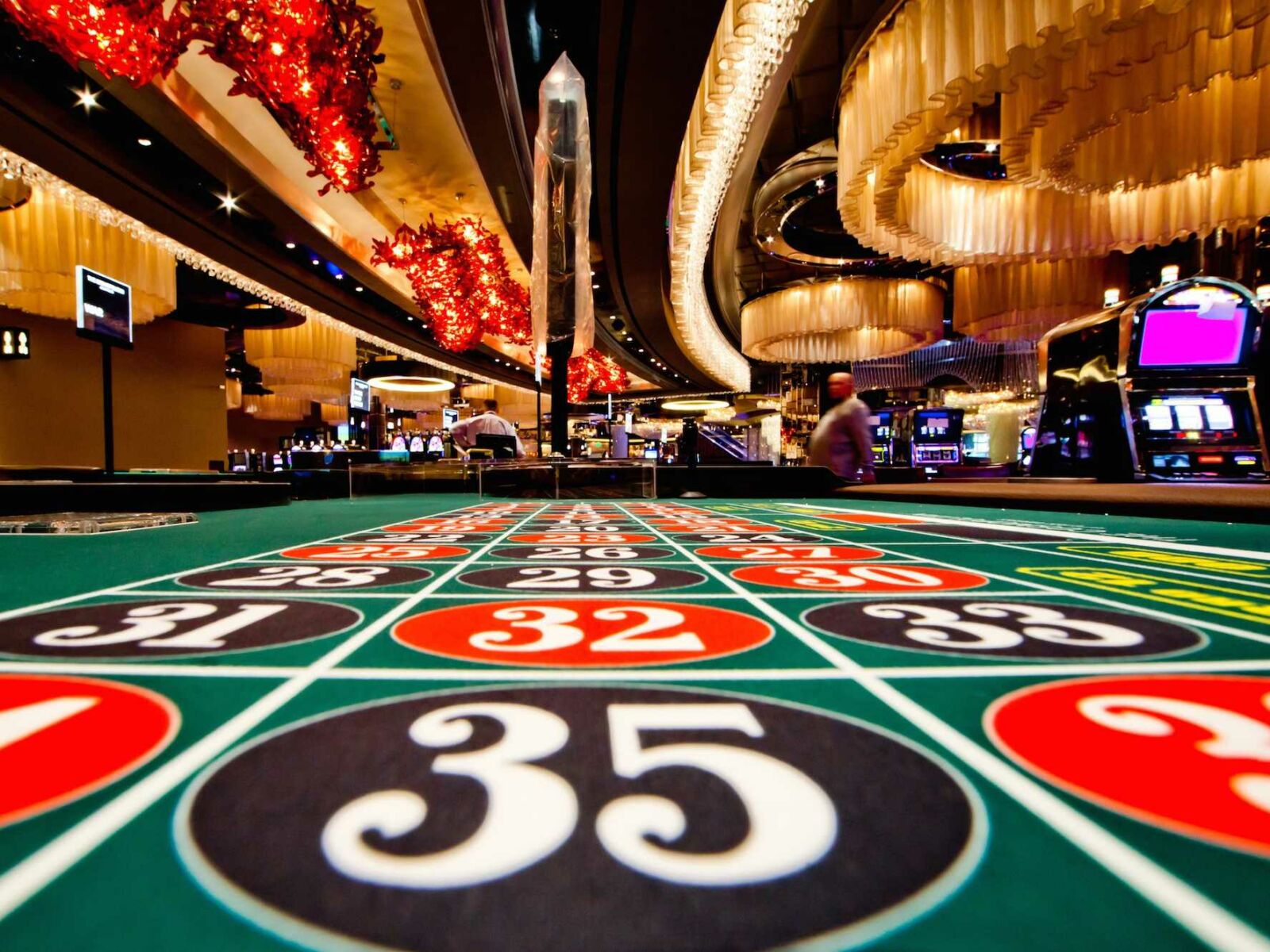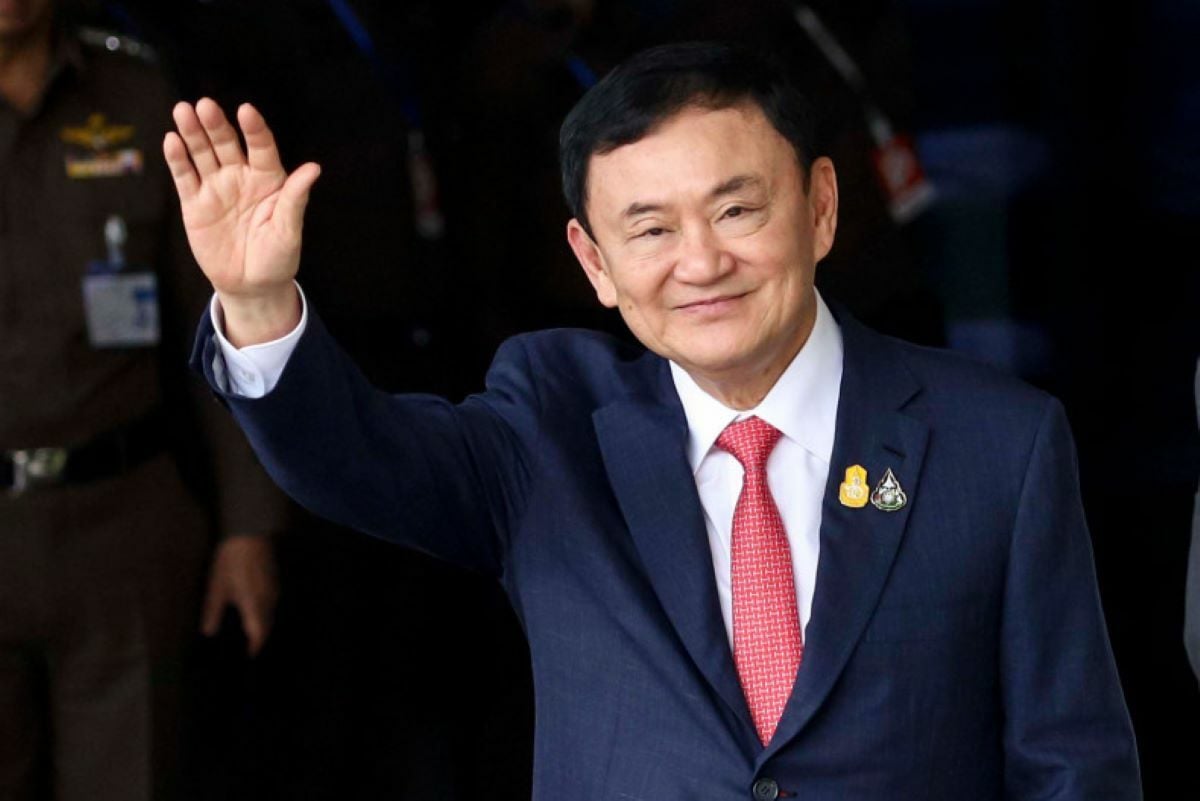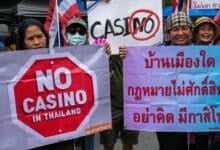Political hurdles threaten Thailand’s casino legislation

Thailand’s bold proposal to legalise integrated casino resorts is facing growing resistance from both political circles and the public.
The Entertainment Complex Bill, which aims to establish five destination resorts across key tourist hubs, has been delayed due to internal disagreements within the ruling coalition and protests from opposition parties. If the bill passes, many Thai players would be able to use no deposit bonus codes from NoDepositRewards – where all operators listed are licensed by accredited regulatory bodies.
Initially scheduled for review in the legislative session that ended on April 9, 2025, the bill has now been pushed back to at least July. It proposes the development of integrated entertainment complexes, each with casinos making up no more than 10% of the total area, alongside hotels, restaurants, and event venues.

Political Tensions Mount in Parliament
Despite the bill’s promise of economic rejuvenation, it has ignited controversy within Thailand’s parliament. Coalition partner Bhumjaithai Party, among others, has criticised the government’s push for what they consider a rushed legislative process lacking sufficient public consultation and social impact analysis.
Prime Minister Paetongtarn Shinawatra, who is championing the bill, has drawn criticism for allegedly acting under the influence of her father, former Prime Minister Thaksin Shinawatra—an outspoken advocate of gambling reforms, including legalisation of online gambling platforms.
Although the prime minister survived a no-confidence vote in March, where opposition leaders accused her of being a political puppet, she emerged with a solid majority of 319 votes to 162.

Economic Potential Meets Social Concerns
Proponents of the bill argue that it could bring in as much as 308 billion baht (around $9.1 billion) in gross gaming revenue annually, potentially positioning Thailand as the world’s third-largest legal gaming market after Macau and Las Vegas. Supporters believe the integrated resorts would not only generate tax revenue but also drive tourism and create thousands of jobs across sectors.
However, resistance is fierce. Protestors in Bangkok have taken to the streets, voicing their opposition and delivering a petition signed by over 100,000 citizens. Critics warn of increased gambling addiction, organised crime, and moral decline.
Notably, activist and former Red Shirt leader Jatuporn Prompan publicly condemned the plan, claiming it would “weaken our people” and degrade the nation’s values. Thailand is known to have been plagued with a history of gambling addiction, especially amongst the poor – illegal gambling dens are still common place across the kingdom.

Referendum Suggested as Path Forward
Some analysts and scholars suggest that the only viable solution is a national referendum. Stithorn Thananithichot, director at the Office of Innovation for Democracy, told the Bangkok Post that pushing through such transformative legislation without the people’s consent could backfire.
In light of the mounting pressure, the Senate has formed a committee to further study the bill, with findings expected by October. Paetongtarn, while remaining committed to the plan, has acknowledged the need for careful scrutiny.
As it stands, the fate of legalised casino resorts in Thailand remains unclear. As the debate continues, the government must navigate not only economic aspirations but also deep-rooted cultural and political concerns.
Latest Thailand News
Follow The Thaiger on Google News:


























